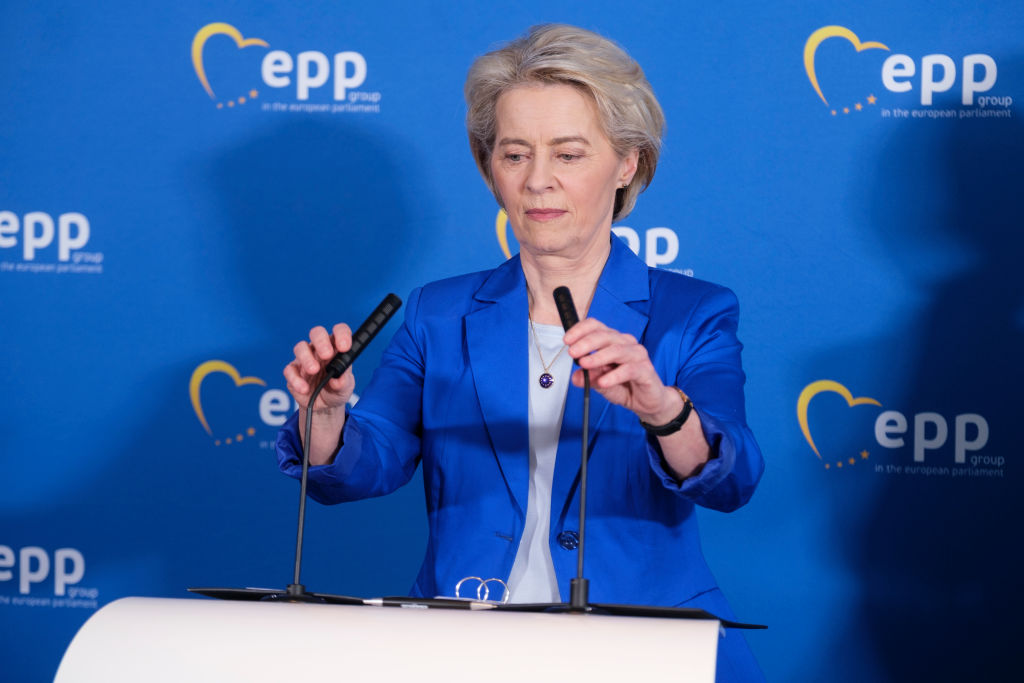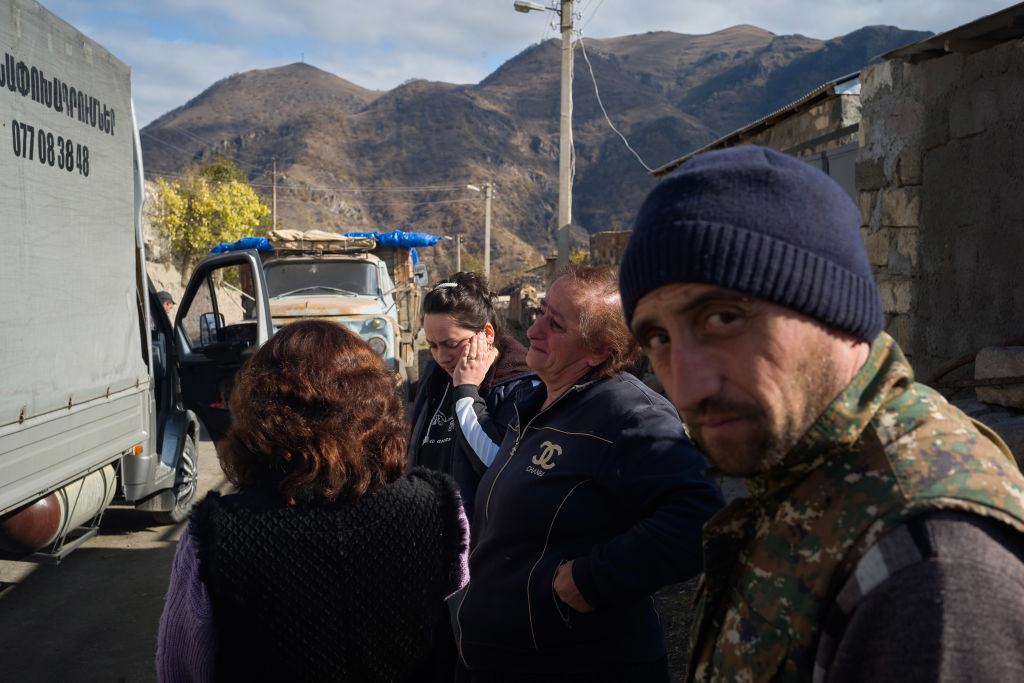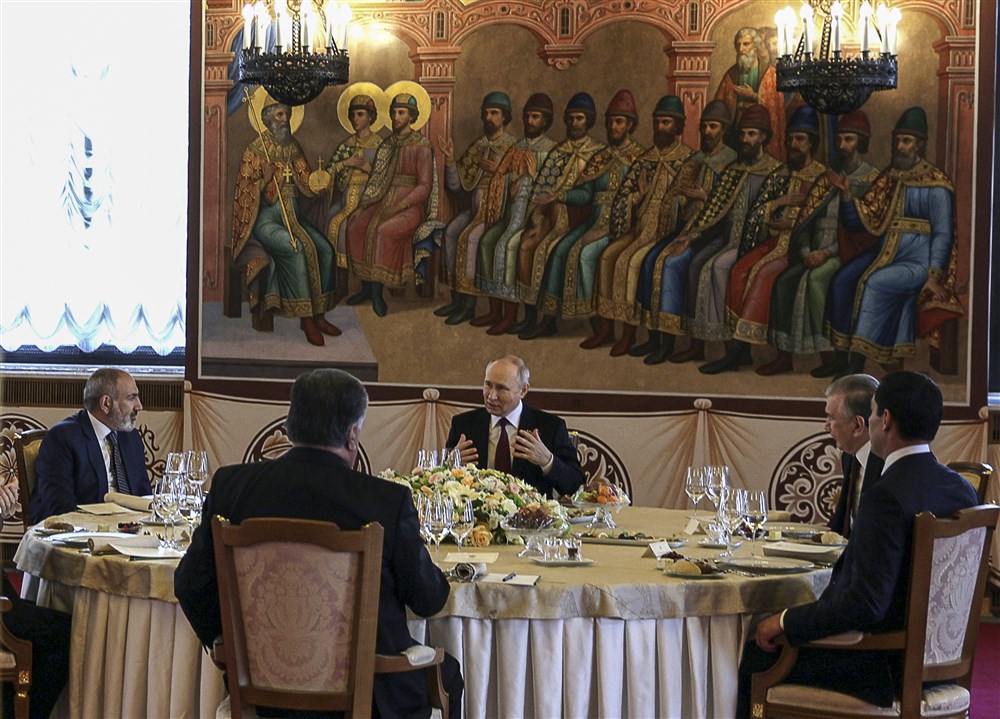The United States and European Union will continue to support Armenia and ethnic Armenians from the disputed Nagorno-Karabakh region, leaders from both sides of the Atlantic pledged as they were meeting with Prime Minister Nikol Pashinyan on Friday.
Azerbaijan took control of the former breakaway region of Nagorno-Karabakh in September 2023, prompting a mass exodus of its ethnic Armenian population.
“We’re committed to further growing our support to Armenia’s democratic and economic resilience”, said U.S. Secretary of State Antony Blinken, adding Washington was backing the country’s efforts for more food security, digital infrastructure and diversification of its energy sector.
“And we will continue to support the 100,000 ethnic Armenians displaced from the Nagorno-Karabakh region. This is central to Armenia’s long-term stability”, Blinken added.
Armenia is a treaty ally of Russia and traditionally Moscow’s closest partner in the South Caucasus, but the two sides’ relations have sharply deteriorated in recent months.
Yerevan has sought to build ties with the West, blaming Russia for failing to defend it from Azerbaijan, its neighbour and long-time rival, as well as distancing itself from Moscow’s war in Ukraine.
Russia, Azerbaijan and Baku’s close ally Turkey had criticised the Brussels meeting, saying it would not help the cause of peace in the South Caucasus, a strategic region criss-crossed by oil and gas pipelines.
Speaking to journalists in Brussels, Blinken and EU president Ursula von der Leyen and the bloc’s foreign policy chief, Josep Borrell, said economic integration between countries in the South Caucasus region – in particular in the energy and telecoms sectors – was vital for ensuring the zone’s stability.
“The European Union and Armenia are increasingly aligned in values and interest”, von der Leyen said, referring to the bloc’s efforts to help Armenia boost its security capabilities and efforts “to make sure that lethal equipment and technologies do not end up in the hands of the Russian military”.
“(…) our relations are developing on a positive track, they are stronger than ever”, Borrell added.





